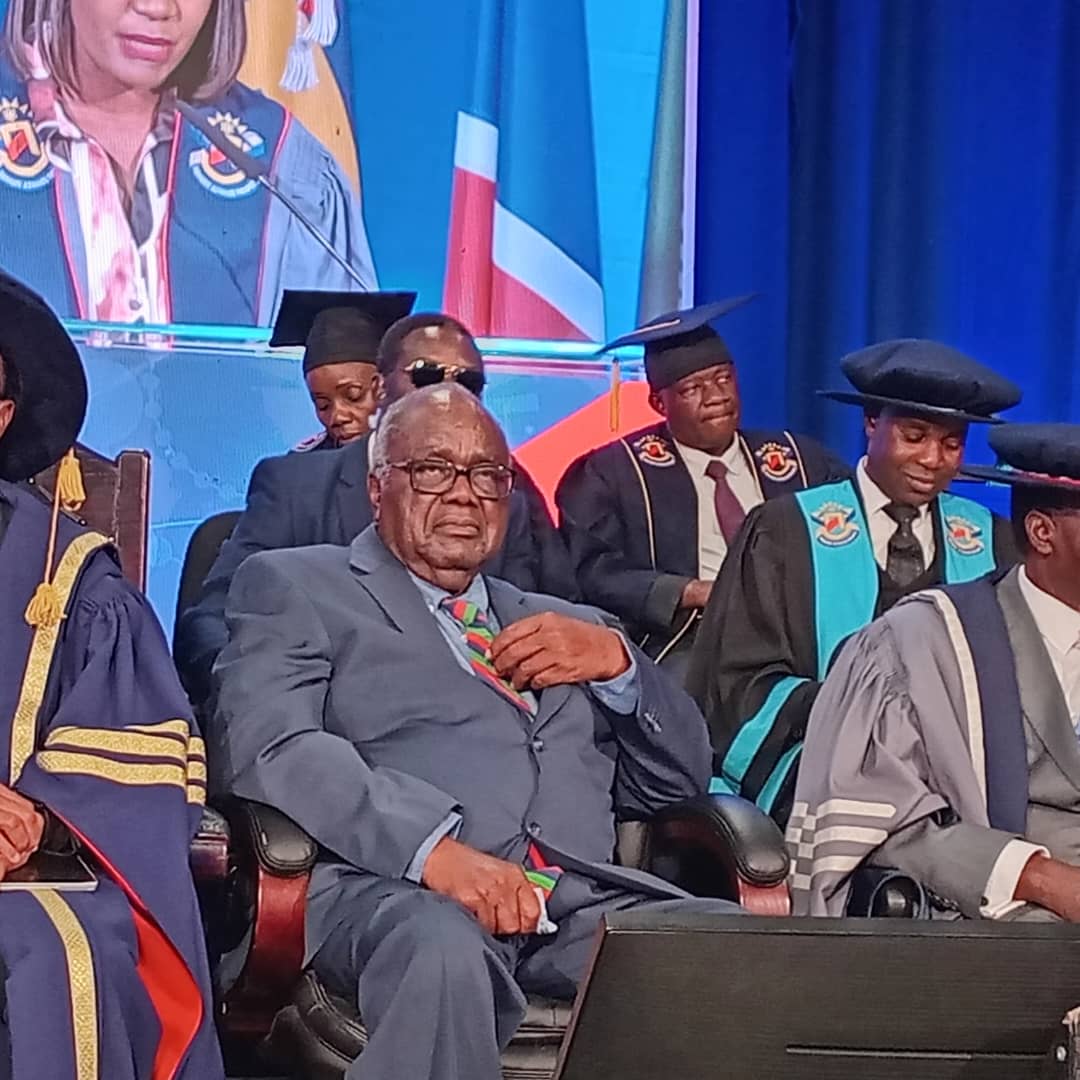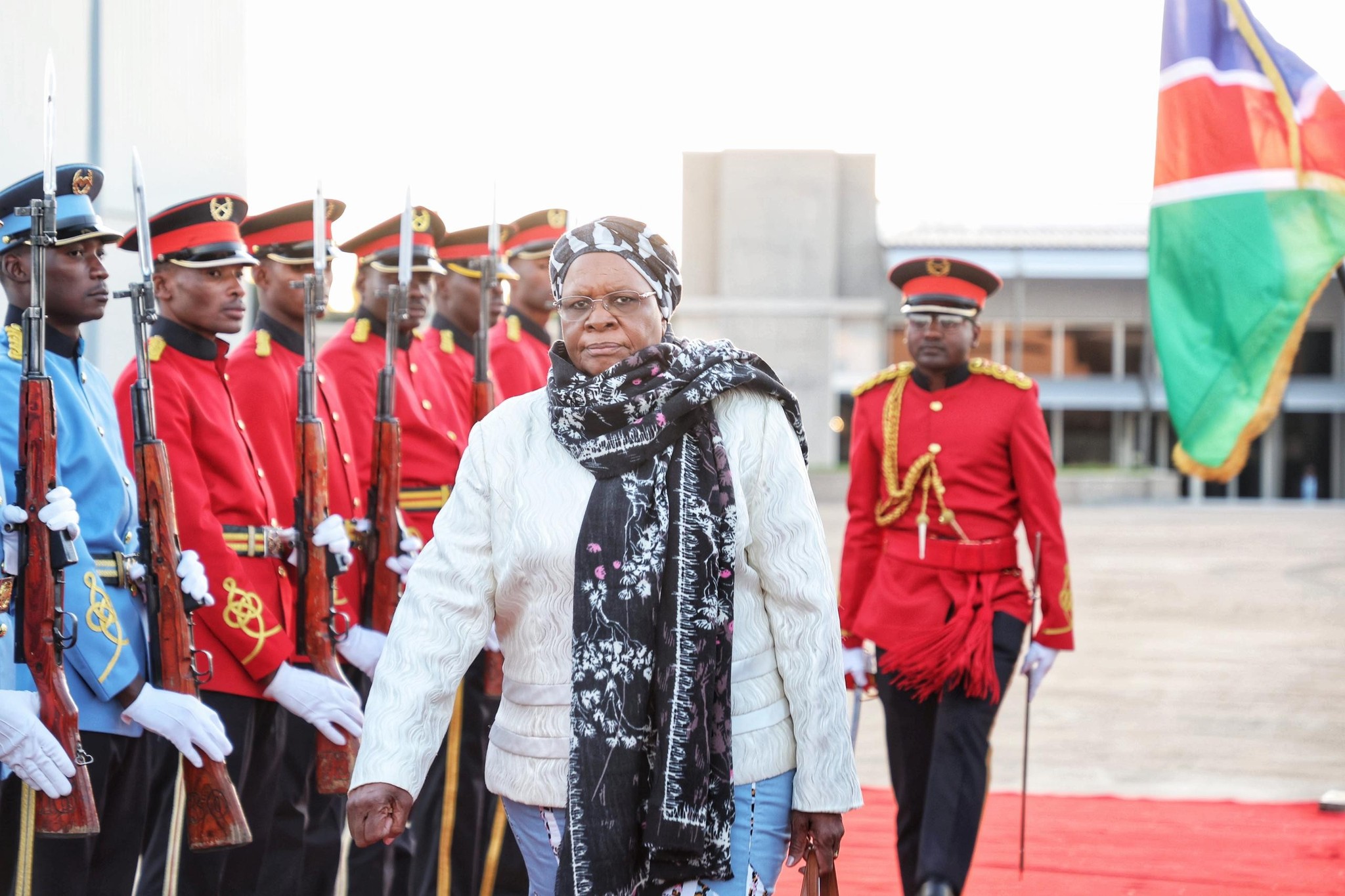LAGOS – For decades, Nigerian governments were content to let international oil companies do the pumping, merely taking taxes, royalties and a cut of profits.
Now with global oil prices surging near US$100 a barrel, Africa’s leading oil exporter wants to review agreements allowing oil companies to recoup their costs before sharing profits from deep water exploration, and consolidate all its joint venture oil assets into one potentially powerful company with a global reach. “We’re looking at models like Petronas in Asia,” said Tony Chukwueke, head of Nigeria’s Department of Petroleum Resources, citing Malaysia’s state-run oil company.It has oil and gas operations in more than 30 countries.The reforms Nigeria envisions, if they succeed, may provide a model for others in Africa, where now international oil firms are either operating joint ventures for state oil firms or under contracts that allow them to recoup costs before sharing profits.”Nigeria should be in the driving seat, doing what it is asking foreign companies to do for it,” said Chukwueke.Proponents may argue that with more control over the industry, Nigeria can end the paradox of the energy-rich country wrecked by fuel and power shortages.But President Umaru Yar’Adua faces scepticism in Africa’s most populous country, where corruption has been identified as the single biggest impediment to development.More than US$400 billion was stolen from the treasury by Nigeria’s leaders between 1970 and 1999, according to the country’s financial crimes agency.Corruption helped create wide disparities in wealth and a loss of government credibility that in turn bred social unrest and high crime rates.The World Bank estimates that some 70 per cent of Nigeria’s 140 million people live on less than US$1 a day; in South Africa, which lacks Nigeria’s oil wealth and has a more diversified economy, it’s 10,7 per cent.Yar’Adua has pledged to fight corruption and has repeatedly stressed the need for reforms in the oil industry, which pumped US$23 billion into government coffers in 2006, according to the latest figures available from Nigeria’s central bank.Driving the new oil policy is a group of Nigerians with international oil industry experience.Members of the National Energy Council, which reports directly to Yar’Adua, include: Rilwanu Lukman, a mining engineer and long-serving secretary general of Opec; Emmanuel Egbogah, who was technical adviser to Petronas for eight years; and Chukwueke, who worked for Royal Dutch Shell PLC for 27 years.With reserves of 35 billion barrels, Nigeria accounts for 60 per cent of proven oil reserves in the Gulf of Guinea, a region that has become of strategic importance as global oil demand surges.Nigeria is one of the top five suppliers of US oil imports and is emerging as an important liquefied natural gas supplier for Europe and North America.Rising Asian economies such as China and India are also looking to the region.Nampa-AP”We’re looking at models like Petronas in Asia,” said Tony Chukwueke, head of Nigeria’s Department of Petroleum Resources, citing Malaysia’s state-run oil company.It has oil and gas operations in more than 30 countries.The reforms Nigeria envisions, if they succeed, may provide a model for others in Africa, where now international oil firms are either operating joint ventures for state oil firms or under contracts that allow them to recoup costs before sharing profits.”Nigeria should be in the driving seat, doing what it is asking foreign companies to do for it,” said Chukwueke.Proponents may argue that with more control over the industry, Nigeria can end the paradox of the energy-rich country wrecked by fuel and power shortages.But President Umaru Yar’Adua faces scepticism in Africa’s most populous country, where corruption has been identified as the single biggest impediment to development.More than US$400 billion was stolen from the treasury by Nigeria’s leaders between 1970 and 1999, according to the country’s financial crimes agency.Corruption helped create wide disparities in wealth and a loss of government credibility that in turn bred social unrest and high crime rates.The World Bank estimates that some 70 per cent of Nigeria’s 140 million people live on less than US$1 a day; in South Africa, which lacks Nigeria’s oil wealth and has a more diversified economy, it’s 10,7 per cent.Yar’Adua has pledged to fight corruption and has repeatedly stressed the need for reforms in the oil industry, which pumped US$23 billion into government coffers in 2006, according to the latest figures available from Nigeria’s central bank.Driving the new oil policy is a group of Nigerians with international oil industry experience.Members of the National Energy Council, which reports directly to Yar’Adua, include: Rilwanu Lukman, a mining engineer and long-serving secretary general of Opec; Emmanuel Egbogah, who was technical adviser to Petronas for eight years; and Chukwueke, who worked for Royal Dutch Shell PLC for 27 years.With reserves of 35 billion barrels, Nigeria accounts for 60 per cent of proven oil reserves in the Gulf of Guinea, a region that has become of strategic importance as global oil demand surges.Nigeria is one of the top five suppliers of US oil imports and is emerging as an important liquefied natural gas supplier for Europe and North America.Rising Asian economies such as China and India are also looking to the region.Nampa-AP
Stay informed with The Namibian – your source for credible journalism. Get in-depth reporting and opinions for
only N$85 a month. Invest in journalism, invest in democracy –
Subscribe Now!










